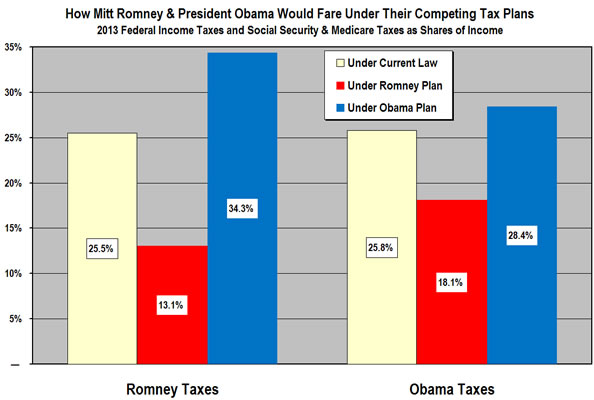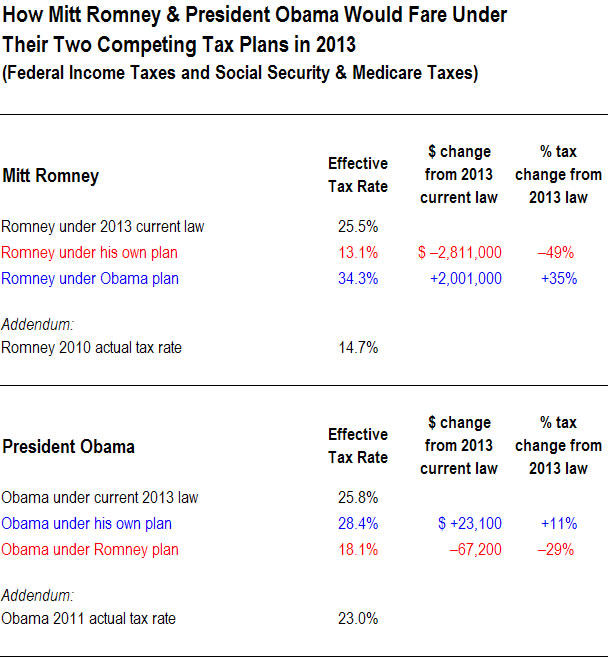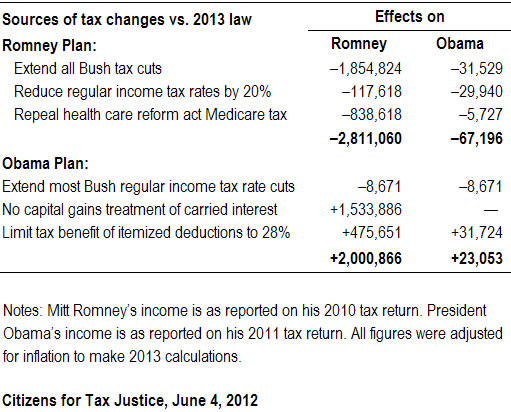Wisconsin Governor Scott Walker survived yesterday’s recall attempt. Walker has often been described as courageous by his supporters, like New Jersey Governor Chris Christie, South Carolina Governor Nikki Haley and Senator Ron Johnson and by ideological allies like David Denholm and Gary Bauer.
Walker seems to think of himself as courageous, too. In his victory speech he reprised a theme he’s struck before, in which he becomes the bearer of a legacy that dates back to the founding fathers and “men and women of courage” throughout history “who stood up and decided it was more important to look out for the future of their children and their grandchildren than their own political futures.” He stops just short of calling himself one such “leader of courage” but it’s clear that’s what he’s getting at.
And how does he display this courage? By picking on people nowhere near his own size. People like the state’s working poor whose low wages can’t support a family and who rely on the Earned Income Tax Credit to make up some of the difference. Walker cut that. He also cut medical programs and property tax credits that the state’s poor and elderly depend on.
This is courage?
The state’s most influential, on the other hand, got all kinds of perks from their governor, like a widely abused tax loophole for corporations and a nice tax break on capital gains for investors.
Since when does it take courage to pander to people in power?
Walker has made consistently bad choices about who wins and who loses in Wisconsin, and his all out assault on public sector workers is just one part of that.
It seems unlikely that the post-election, temporary change in the state’s Senate will slow Walker’s relentless pursuit of his boilerplate conservative agenda, which he admitted has been frenetic.
Governor Walker fancies himself some kind of hero taking on powerful forces at great personal cost, but it’s well documented that the powerful forces are actually some of Walker’s biggest fans. Call it what you will, but you can’t call it courage.
 Americans are living in communities with fewer teachers, firefighters and police officers. They are facing larger class sizes, reduced trash pickup and less access to parks and libraries. That’s the gloomy conclusion of a
Americans are living in communities with fewer teachers, firefighters and police officers. They are facing larger class sizes, reduced trash pickup and less access to parks and libraries. That’s the gloomy conclusion of a  In another example of
In another example of 





